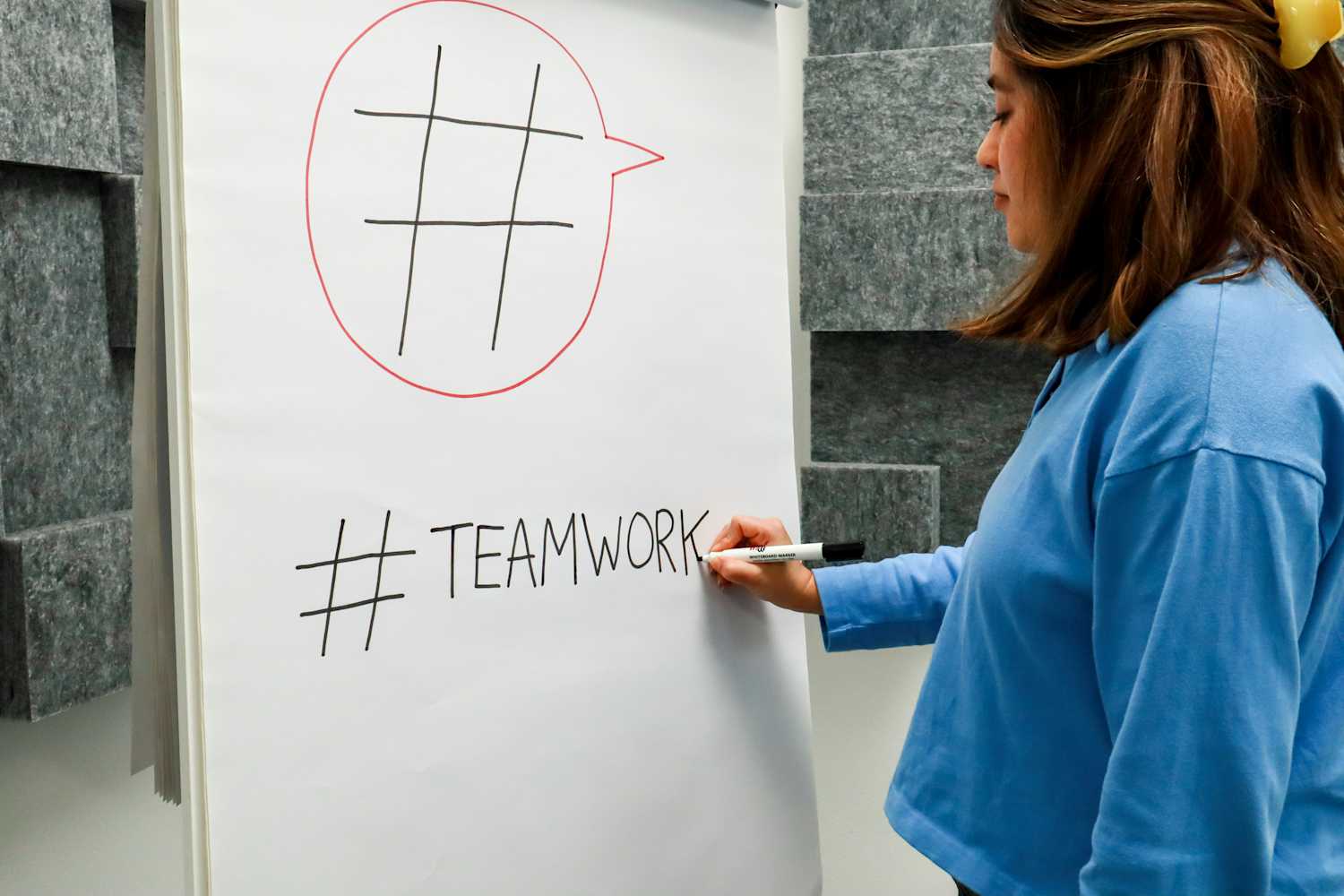How Professional Services Stay Organized in High Pressure Environments
ByJulian Gette
Workast publisher

Workast publisher
Deadlines, constant meetings, clients on edge, inboxes overflowing—sound familiar? For professionals in fast-paced industries like legal, finance, consulting, or healthcare, this isn’t the exception. It’s Tuesday.
Keeping it together under that kind of pressure isn’t just impressive. It’s essential. Because one missed detail, one forgotten follow-up, and suddenly you’re not just behind—you’re risking trust, time, or worse, money.
So how do professionals keep all the plates spinning without losing their grip (or their mind)? They build systems that carry the load when stress spikes—and they stick to them like muscle memory.
We all know that one person who insists, “I don’t need to write it down—I’ve got it.” You smile, but inside, you're already bracing for that inevitable last-minute scramble.
Here’s the truth: High-pressure professionals don’t rely on mental Post-its. They know their brain’s best used for solving, not storing.
Enter structured task management. Whether you're leading a case or managing a project, having a reliable way to capture, prioritize, and revisit your tasks is everything.
Some go with visual platforms like Trello or Asana. Others build their own workflows using Notion, Obsidian, or minimal apps like Todoist. The tool matters less than the habit. The moment something hits your desk—or your mind—it goes into the system. That way, it’s off your mind and out of your way.
And the more complex the environment—say, managing concurrent clients or tracking multiple court dates—the more essential that habit becomes.
Let’s clear this up: waking up at 4 a.m., meditating for 45 minutes, and drinking celery juice is not a universal productivity plan.
The people who truly stay organized long-term don’t follow trends. They follow their rhythm.
Are you sharpest before noon? That’s your deep focus window—guard it.
Do meetings drain you? Cluster them together and leave buffer time.
Work better in short bursts? Break your day into sprints, not marathons.
And if you’re managing others, don’t assume everyone works like you. Ask. Observe. Build schedules that match how people actually function—not how we wish they did.
For example, some law firms stagger research-heavy work in the mornings and court prep in the afternoons. Accountants often block entire days just for review—no meetings, no interruptions. It’s not rigid. It’s intentional.
In the legal world—and really, any profession with compliance or regulation—documentation isn’t optional. It’s protection. Accuracy is currency.
That’s why many legal teams rely on professional court transcription services. Every deposition, hearing, or courtroom exchange is recorded, timestamped, and preserved. It’s not just convenient—it’s strategic. Having transcripts you can trust keeps you focused on the case, not scrambling to recall what was said three weeks ago.
In medicine, this same principle applies to charting and patient records. In finance, it’s audit trails and review memos. Anywhere accuracy matters, offloading the documentation process to pros means fewer mistakes—and less mental baggage.
You know what? Some of the most overwhelmed professionals are also the most capable. They’re the ones who think, “It’ll be faster if I just do it myself.”
But here’s the reality: long-term, that thinking doesn’t scale. Smart delegation means separating the tasks only you can do from those someone else could handle—maybe even better.
Think:
Letting an assistant handle scheduling or follow-ups.
Handing off document formatting, client intake, or project updates.
Automating recurring tasks through tools like Zapier or Workast.
Even in small businesses where resources are tight, delegation might look like batching similar tasks or using templates to minimize decisions. It’s not about control. It’s about keeping your head above water—and your time focused where it counts.
Every project, whether it’s a court case or a consulting proposal, has a flow: a beginning, middle, tension point, and resolution. You’re not just “tracking tasks.” You’re managing a narrative.
This shift in mindset changes everything. Suddenly, communication becomes clearer. Stakeholders stay engaged. Milestones feel meaningful.
Whether you’re using ClickUp, Monday.com, or something old-school like a shared Google Sheet, the goal is the same: tell a story that people can follow—without needing a decoder ring.
One underrated trick? Weekly check-ins that are brief, honest, and slightly informal. “Here’s where we’re at, what’s next, and what’s stuck.” That simple loop builds momentum—and trust.
Before you log out today, try this: pause for five minutes. No music. No email.
Open your task list. Reorder it. Delete what no longer matters. Drop stray thoughts into tomorrow’s plan. Maybe even close all the browser tabs you’ve been avoiding (you know the ones).
This simple reset clears mental clutter. It’s like brushing your brain’s teeth. A tiny ritual that can save you hours of rework later.
Some teams do this collectively—Friday wind-downs, 10-minute morning syncs, or weekly “debrief” blocks. The point is, pressure doesn’t always come from the workload. Sometimes it comes from the ambiguity around it.
Look, nobody’s immune to overwhelm. But professionals who stay calm in chaos aren’t born that way. They’ve just built habits and systems that hold up when everything else feels like it’s cracking.
So next time your day feels like a tidal wave, don’t fight it with willpower. Step back. Use the tools. Trust your routines.
And if you’re still buried in paperwork, emails, and deadlines—consider outsourcing what you can, from admin support to transcription work. It’s not cheating. It’s smart.

